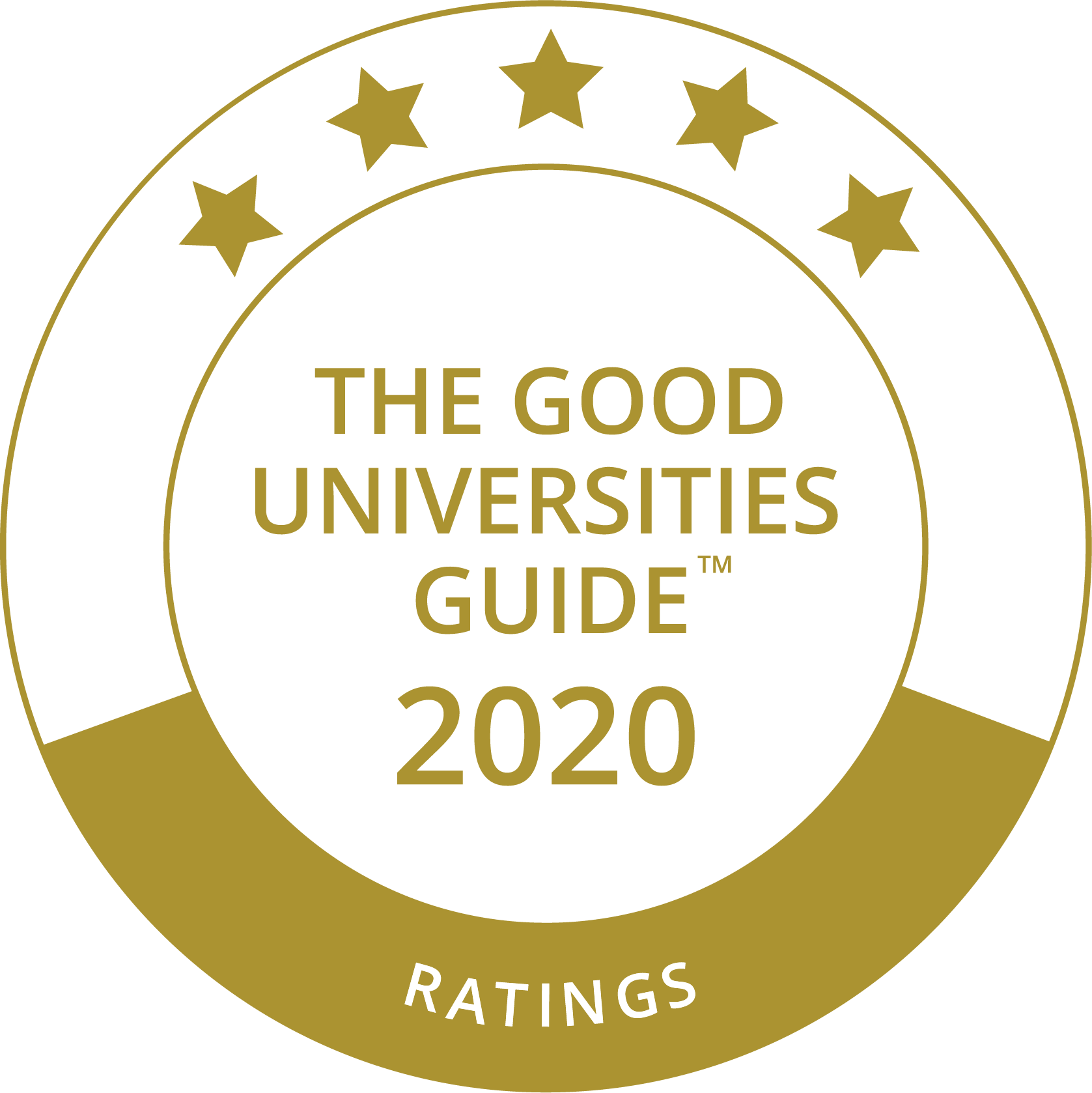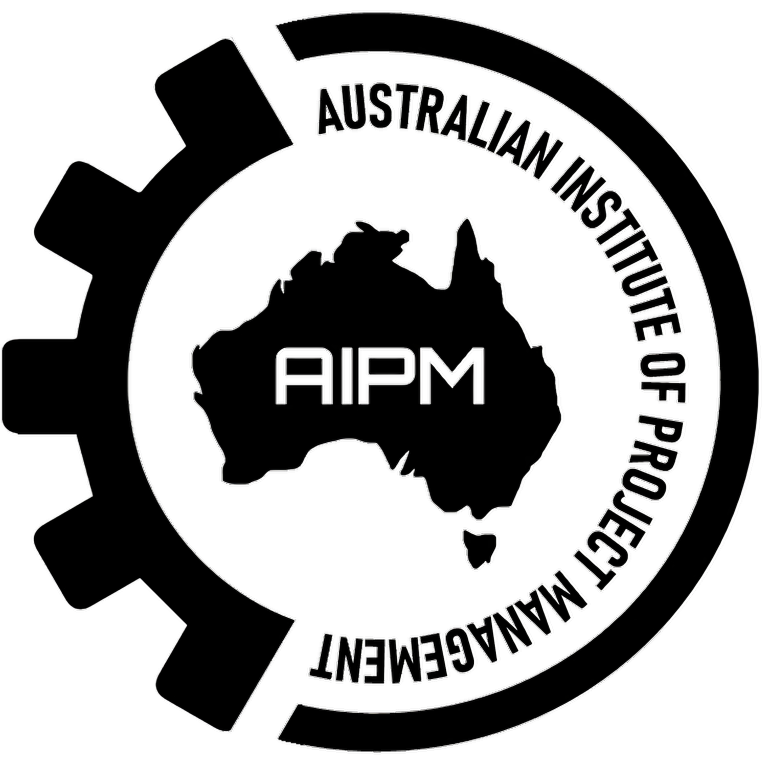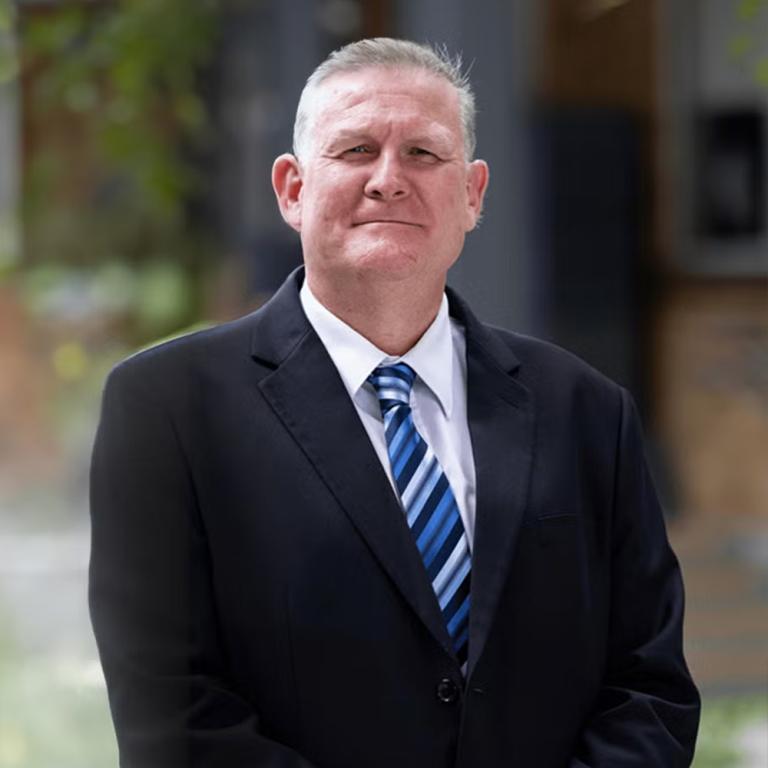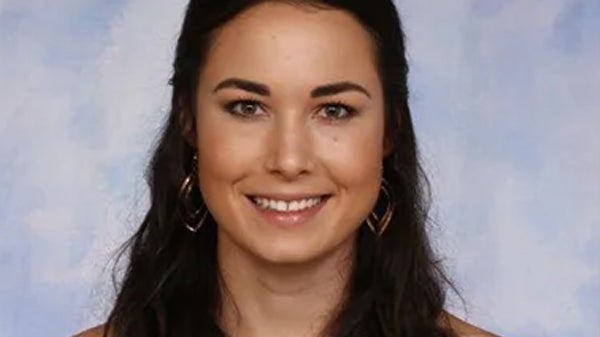Specialise in educational inclusion and diversity
Advance inclusive education
Gain skills and knowledge to enhance inclusive practices in schools.
Expert guidance
Learn from experienced primary and secondary education academics.
Advance your career
Boost your career with expertise in educational inclusion and diversity.
Create inclusive classrooms
Our Graduate Certificate in Educational Inclusion and Diversity focuses on student inclusion in the 21st century and how to design learning that supports all students to do their best and thrive.
Core units focus on equipping you with the skillset and knowledge to critically reflect on inclusion, diversity and disability perspectives, delving into the pedagogy underpinning educational inclusivity. You will also examine and understand the role technology plays in collaboration and increasing participation in contemporary classrooms.
Students who undertake this course gain the skills to promote learning that lasts and advance inclusive education practices in school settings, to enable the implementation of inclusive education practices on a practical level.
Quick facts
- Units
4 - Duration
8 months part-time - Fees
$2,875 per unit, FEE-HELP available - Intakes
Jan, Mar, May, July, Aug, Oct
The SCU Online benefits
Affordable online study
Experience one of Australia's most affordable cost per units. Achieve your career goals without financial strain while gaining practical skills and knowledge.
Accelerated learning
Balance work, life, and study with our fast-paced online program, designed to help you apply new skills in real-world teaching environments.
Outstanding student support
Ranked #1 in Australia for Education Student Support, we ensure you succeed every step of the way. *
* Good Universities Guide 2023
How does a Graduate Certificate in Educational Inclusion and Diversity work with SCU?
- With no exams, you’ll learn through quizzes, videos, interactive presentations and more.
- Connect with academics and students through online chat platforms and discussion boards.
- Access support throughout the course, including feedback from a learning coach and a dedicated student success advisor from enrolment through to graduation.
- Live classes are optional but encouraged for networking, while the course is self-paced.
- To make the most of your learning experience, we recommend dedicating around 20 hours per week to your studies.
A typical study period at SCU Online
Pathway to masters
When you successfully complete your Graduate Certificate in Educational Inclusion and Diversity, if you wish to take your learning further, you can apply for our Master of Education and receive advanced standing for the units you have completed.
Graduate Certificate
4 Units, or continue studying
Master Degree
+ 4 Units
Entry requirements
To qualify for entry to the online Graduate Certificate in Education, specialising in Inclusion and Diversity, you must have:
- A four-year Bachelor degree in Education from any Australian university or equivalent; OR
- an undergraduate degree and a fourth-year level teaching qualification from any Australian university or equivalent; OR
- a three year Bachelor degree in Teaching from any Australian University, or equivalent.
In either case, students need to be proficient in English.
Find out more about Rules Relating to Awards and Specific Award Rules.
Units of study
The Valuing Diversity unit is designed to consolidate awareness, knowledge and experience in understanding and meeting diverse learners' needs in educational settings.
The Supporting Students in Difficult Times unit provides the knowledge and skills required to effectively support children and young people experiencing personal difficulties and require social and or emotional support.
This unit engages students in critical reflection about inclusion, critical disability perspectives, difference and diversity, and pedagogy and policy to support Inclusive Education.
In this unit, learn about the digital technologies to support student learning and participation; teacher collaboration and professional learning for inclusion using digital applications, and; innovation and design for inclusion.
Get detailed information about each unit in our course guide.
Learning outcomes
You will gain the skills for critical analysis, synthesis and evaluation educational contexts, concepts and theories to solve for issues, and justify the decisions you make with confidence. Apply innovative and creative responses to emerging educational challenges. Conceive of, and put forward inventive ways to achieve preferable educational futures.
Evaluate (and seek understanding of) the implications of challenging ethical issues in education, committing to, but not limited to, social justice, human rights, ethics and sustainability in professional practice, scholarship, and research.
You will gain an advanced and integrated theoretical and practical understanding of a specialised area of education with a global perspective. Gain invaluable skills to locate, evaluate, and implement theory to generate reliable data and make evidence-based decisions.
Be able to plan and implement ongoing personal and professional learning. Critically reflect on demonstrating vocational discernment, autonomy, resilience, responsibility and accountability when responding to change.
Show responsive leadership and the capacity to facilitate collaboration between a diverse range of individuals and teams.
Commit to education founded on respect for the rights of all persons, reflecting on how global perspectives of educational practice can encourage inclusivity and cultural competence.
What our students do
There are endless opportunities for continued professional development in a higher education setting for education professionals. At Southern Cross University, our contribution to teacher education and to the profession of teaching that stretches back almost 50 years. Our online postgraduate courses in education have been designed by academics with a wealth of experience and are delivered to students in an innovative learning environment that's intuitive to use and made for digital learning.
In particular, the Graduate Certificate in Education specialising in Inclusion and Diversity is for education professionals, both teachers and principals, looking to progress their careers with postgraduate study that offers the skills, knowledge and confidence to adopt inclusive pedagogy and utilisation of class level good practices and what is needed for a whole-school approach to inclusive education to provide and create access to equitable learning opportunities.
If you successfully complete your certificate of education, you can apply to a Master of Education and gain advanced standing for the units already completed. Our Master of Education students work in a variety of educational contexts around Australia. Below is a snapshot of some of these roles and jobs.
- Deputy Head of School
- Lead Teacher
- High School Teacher
- Principal
- Primary School Teacher
- Education Consultant
- Classroom Teacher
- Assistant Principal
- Community Wellbeing Coordinator
In this video, Master of Education graduate Aleasa Brink speaks about the benefits of engaging in and promoting lifelong learning.
Aleasa Brink: "Education is a lifelong skill. So, lifelong learning is something that I talk about within my school and within the profession I work, so modelling that and continuing on that path is something that's very important for me." Subheading: What are you trying to achieve from online study? Aleasa: "I want to progress myself in my career and professionally, it's quite relevant. The learning that I'm doing with the study is helping with my work and my work is helping with my study." Subheading: What are your tips for students considering online study? Aleasa: "My first tip would be just to have a go! And finding a course that is going to complement what you're doing, so for me - not a load on top of what I'm doing. It really fits in seamlessly with what I'm already doing, and enhancing that."
Our Accreditations and Endorsements
Our online programs meet all of the AQF guidelines, ensuring quality education.
5-STAR Rating for Full-Time Employment, Overall Experience, Student Support, Learning Resources, Teaching Quality and Skills Development.
Southern Cross University is one of the world's Top 100 Young Universities.
Our postgraduate student support and satisfaction both above the national average.
Meet our course coordinator
Immerse yourself in a transformative journey with course coordinator David Lynch, a prominent figure in academic innovation. David has pioneered teacher education and school leadership improvements, shaping modern programs with a focus on whole-school progress. He brings his wealth of experience to our students, offering insights across key areas:
- Diverse teaching experience: Learn from David's innovative approaches to education and leadership, shaped by his work in Australia, Norway, Japan, and the UK.
- Collaborative learning: Engage in an interactive process, testing propositions and contributing to educational improvement.
- Focus on school leadership: Gain practical models and strategies for effective leadership implementation.
- Hands-on learning: David’s experience as a state school principal and global researcher offers a unique, practical approach to education.











